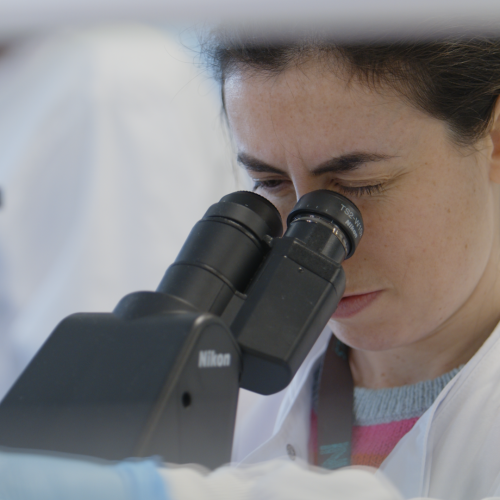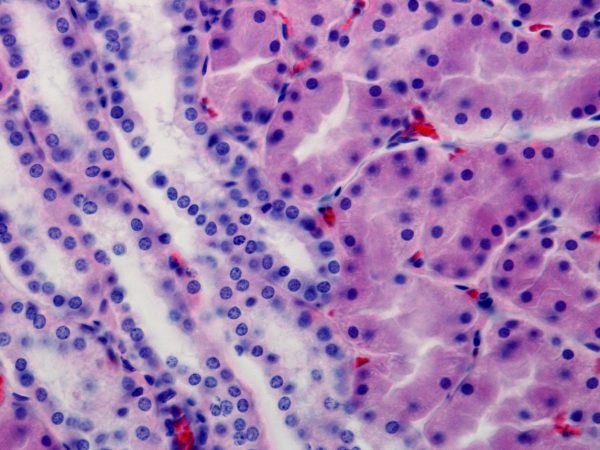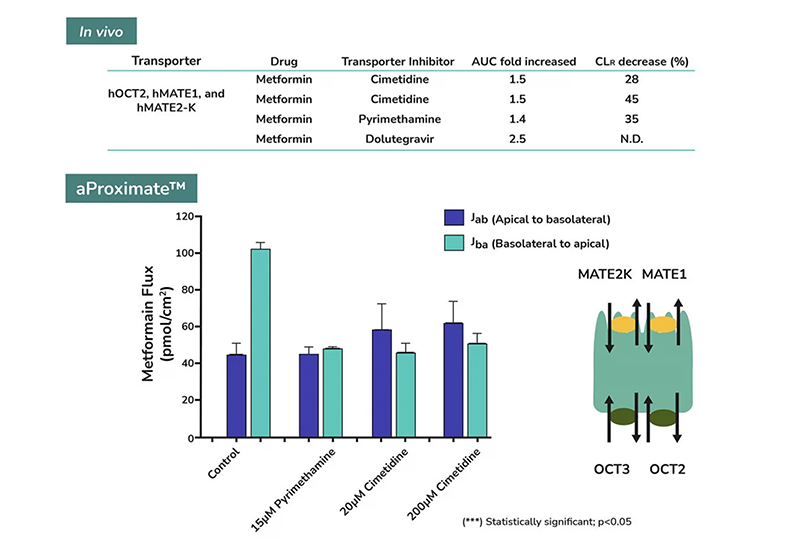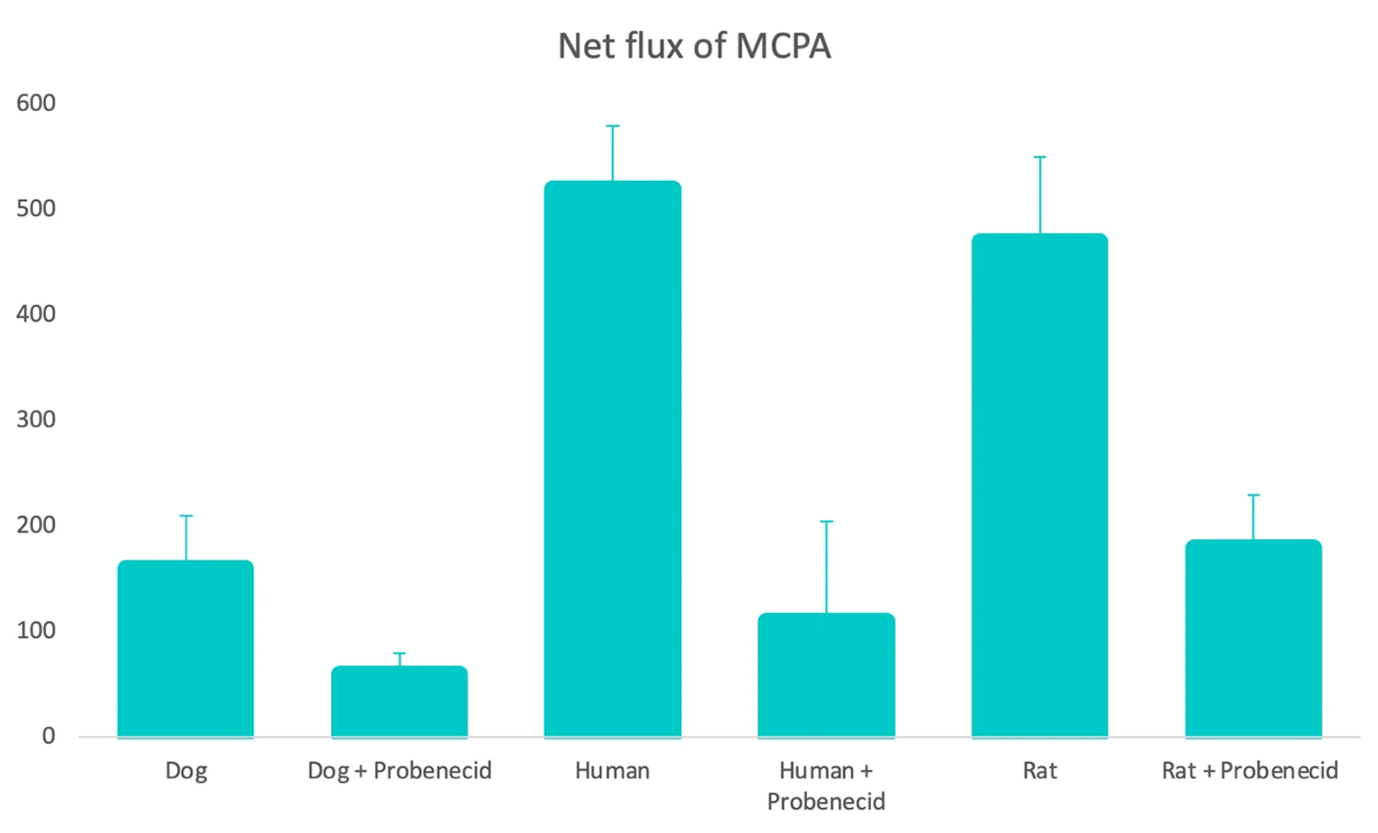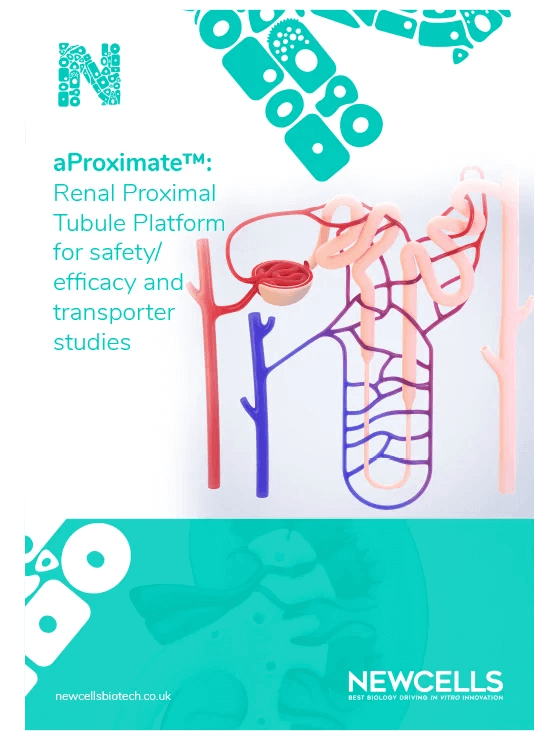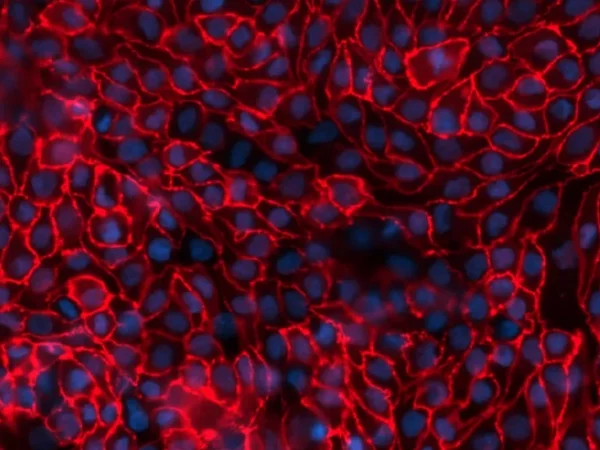Efficacy testing of your drugs on in vitro primary Proximal Tubule Cells (PTC) models
Functional and efficacy study: this study provides predictive data of renal transport or retention of compounds by determining renal flux, uptake intracellular accumulation and paracellular flux. The assays are carried out on the aProximate™ PTC model, an MPS model which retains high expression of transporters known to play a role in uptake and flux of drugs across cellular membranes, making it a highly predictive in vitro model for functional efficacy studies.
This service assesses renal handling of a compound by measuring transport (transepithelial flux), intracellular accumulation and paracellular flux.
Uptake study: this is a rapid service to determine the intracellular accumulation of a compound in human proximal tubules.
Inhibitor study and species comparison studies (human, mouse, rat and dog): these services are available as complementary studies for additional insights and to provide guidance (or retrospective insights) for the selection of the most relevant species for your preclinical studies.
Service outputs
- Transepithelial flux: Apical to Basal (Jab) and Basal to Apical (Jba) flux measurements
- Net transport measurements
- Uptake assays: measurement of intracellular drug and metabolite concentrations
- Identification of transporter-mediated drug interactions
- High content imaging data
